Refusing to take a breath test is a pivotal legal decision with far-reaching consequences for any driver in California. Whether you’re navigating the vibrant streets of Los Angeles, the coastal routes of San Diego, or the bustling core of San Francisco, understanding the outcome of declining a breathalyzer is critical for residents and visitors alike. This comprehensive guide breaks down the legal landscape, consequences, and the critical nuances for California drivers who refuse breath tests during DUI stops.
Understanding California’s Implied Consent Law
California operates under an “implied consent” doctrine. When you obtain a driver’s license, you consent automatically to submit to chemical testing—including breath, blood, or sometimes urine tests—if you’re lawfully arrested on suspicion of driving under the influence (DUI). This law applies in all corners of the state, from Sacramento to Anaheim, reflecting a statewide commitment to road safety.
What Constitutes a Breath Test Refusal?
Refusal isn’t simply saying “no” to a breathalyzer. The definition includes anything other than clear, willing submission. This means:
- Stalling or delaying
- Providing insufficient breath samples
- Misinformation (claiming you have a medical issue without evidence)
- Silence or indecision
Police in cities such as Fresno or San Jose are trained to recognize evasive tactics as a refusal, which promptly triggers the legal consequences outlined below.
Traffic Stop vs. Arrest: Two Types of Breath Tests
Pre-Arrest: PAS Test
During a standard traffic stop, officers may ask for a Preliminary Alcohol Screening (PAS) test. In most cases, especially for drivers over 21, this test is optional. Refusal typically carries no penalty—though exceptions exist for probationary drivers and those under 21.
Post-Arrest: Required by Law
After being lawfully arrested for DUI, you’re required by law to submit to a chemical test—a breath or blood test—at the police station or testing facility. Refusal at this stage has immediate and severe repercussions.
Automatic License Suspension: The Immediate Outcome
California’s Department of Motor Vehicles (DMV) acts swiftly if you refuse a post-arrest breath test. The suspension of your driver’s license is administrative, meaning it’s separate from any criminal proceedings and imposed regardless of eventual guilt or innocence in a DUI case.
- First Refusal: Automatic one-year license suspension with no eligibility for a restricted license.
- Second Refusal (within 10 years): Two-year suspension.
- Third or more Refusals: Three-year suspension.
This policy applies uniformly, whether you are in the heart of Los Angeles, the Silicon Valley sprawl of San Jose, or the agricultural region of Bakersfield.
No Restricted License Option
Unlike many DUI convictions, where you may apply for a restricted license to drive to work or school, refusal eliminates this possibility. For instance, in San Francisco or Riverside, those who refuse the test must endure the full term of suspension—no exceptions for employment or hardship.
Additional Criminal Penalties for Refusal
Refusing to submit to a breath test isn’t just an administrative matter; it directly affects the outcome of any subsequent DUI prosecution. The court can—and often does—impose “refusal enhancements.” These additions to your DUI penalties may include:
- Additional mandatory jail time (48 hours extra for first-time offenders; higher for repeat offenses)
- Increased fines, with DUI fines in California already reaching substantial sums
- Extended periods of mandatory DUI education (up to 9 months for first offenses involving refusal)
This escalation applies to larger urban centers like Oakland and smaller communities such as Santa Barbara.
The Prosecutor’s Advantage: Implication of Guilt
Your refusal can be introduced as evidence of “consciousness of guilt” at trial. Prosecutors in cities like Anaheim or Long Beach may argue that refusal indicates an attempt to hide impairment. This strategy often persuades juries—even in the absence of direct BAC evidence.
Effect on Criminal Proceedings
Without breath test results, prosecutors rely more heavily on:
- Officer testimony
- Field sobriety test observations
- Physical and behavioral signs of impairment
Nonetheless, a compelling case can often be made against drivers even without chemical evidence, especially in jurisdictions known for strict DUI enforcement such as Orange County or San Diego.
The DMV Hearing Process
After a refusal, the DMV will set a hearing to determine the status of your license. This process is separate from any criminal trial. You have the right to retain an attorney and contest the suspension.
Key points about the hearing:
- The hearing must be requested within ten days of the notice of suspension.
- The police officer must have had reasonable suspicion for the DUI stop.
- Proper advisement about the chemical test and potential penalties must be proven.
Experienced DUI lawyers across California, including those in cities like Sacramento and Escondido, are frequently able to identify procedural errors that could overturn or mitigate a suspension.
Differences in Urban vs. Rural Enforcement
While state law is consistent, enforcement can vary by region. Metropolitan areas often have specialized DUI patrol units and higher rates of routine traffic stops, increasing the odds of facing a breath test request. For example:
- Los Angeles and San Diego are among the leaders in DUI arrests statewide.
- Rural areas like Modesto or Redding may have fewer stops but still apply the same administrative penalties.
Refusal Rates and Statistics
California’s approach to breath test refusal has proven somewhat effective in limiting the practice. Recent studies show:
- The breath test refusal rate in California stood at just over 5%, one of the lowest in the nation.
- In contrast, states with less severe penalties report refusal rates as high as 85%.
This demonstrates that California’s strict administrative suspension policy deters most drivers from refusing a breath test.
The Role of Warrants
If you refuse a breath test, officers may seek a warrant for a blood draw. Judges are available in most California counties—such as in Santa Ana and San Bernardino—to approve such warrants rapidly, sometimes within minutes. Refusal therefore often results not only in license suspension but also in involuntary testing.
DUI Laws and Penalties Vary by Municipality
While the main laws are state-wide, some local jurisdictions—like San Francisco and Santa Monica—have public safety campaigns and checkpoints that may increase the chance of being stopped and tested. City-specific data show:
- Los Angeles reports thousands of DUI arrests annually, with a significant share resulting in administrative suspensions due to refusal.
- San Diego police departments run frequent DUI checkpoints, leading to more enforcement of refusal penalties.
Impact on Professional and Everyday Life
The loss of a California driver’s license poses major challenges:
- Reliance on public transit, ridesharing, or cycling in places like San Francisco or San Jose
- Reduced job opportunities, notably for professions requiring driving (delivery, sales, transportation)
- Increased insurance rates and the prospect of high-risk (SR-22) insurance
In sprawling cities such as Sacramento, where public transportation options may be limited, the loss of a license can be even more disruptive.
Real-World Scenarios: Stories from California’s Roads
Let’s look at how a refusal scenario might play out in various cities:
- Los Angeles: A driver stopped in Hollywood refuses a post-arrest breath test. The DMV swiftly suspends the license for a full year with no opportunity for a restricted license. Additional requirements include extra jail time and a longer DUI education course.
- San Diego: Refusal to take a breath test at a checkpoint in the Gaslamp Quarter not only leads to suspension but also gives prosecutors a strong advantage in DUI court.
- Oakland: A repeat offender stopped on I-880 in Oakland who refuses the test receives a two-year revocation and is ineligible for restricted driving privileges, significantly impacting employment.
- Sacramento: Even first-time offenders in Sacramento face one-year loss of driving privileges, with effects rippling through every aspect of daily life from commuting to family duties.
Defending Yourself After Refusing a Breath Test
Legal defenses may exist in certain situations:
- Police failed to advise you clearly of your rights and the penalties for refusal
- You were physically unable to take the test (for example, due to a medical emergency)
- The stop lacked reasonable suspicion or probable cause
Lawyers serving areas like Fresno or Riverside may find key procedural errors that can result in the reversal of a suspension.
Tips for California Drivers
- Always know your rights but also your obligations under implied consent laws.
- If stopped, answer questions politely but avoid volunteering unnecessary information.
- If arrested for DUI, understand that refusal is likely to trigger harsher penalties than taking and possibly failing the test.
- Consult a DUI attorney immediately if you refused the test, to explore possible defenses and procedural errors.
The Bottom Line: Harsh but Clear Consequences
Refusing to submit to a breath test in California—whether in a metropolis like Los Angeles, a coastal city like Santa Cruz, or an inland hub like Bakersfield—results in swift and severe penalties. The DMV’s administrative suspension, with no possibility for a restricted license, adds immense pressure to comply with post-arrest testing. Combined with enhanced criminal penalties and the risk of adverse court outcomes, refusal nearly always leaves drivers in a worse position than compliance.
California’s tough DUI enforcement and low refusal rates reflect a legal environment where the consequences for declining a breath test are designed to be rapid, stern, and life-altering. If you hold a California driver’s license, the law is unambiguous: by driving on California roads, you’ve already agreed to comply with chemical testing if arrested for DUI. Refusing not only costs your ability to drive—it can have consequences echoing through your finances, freedom, and future.
Helpful Links:

Mrs. Odice has been a teacher here for 9 years. She likes yoga and spends most of her time with her 3 kids. She also grew up going to Douglas County schools and is Canadian.

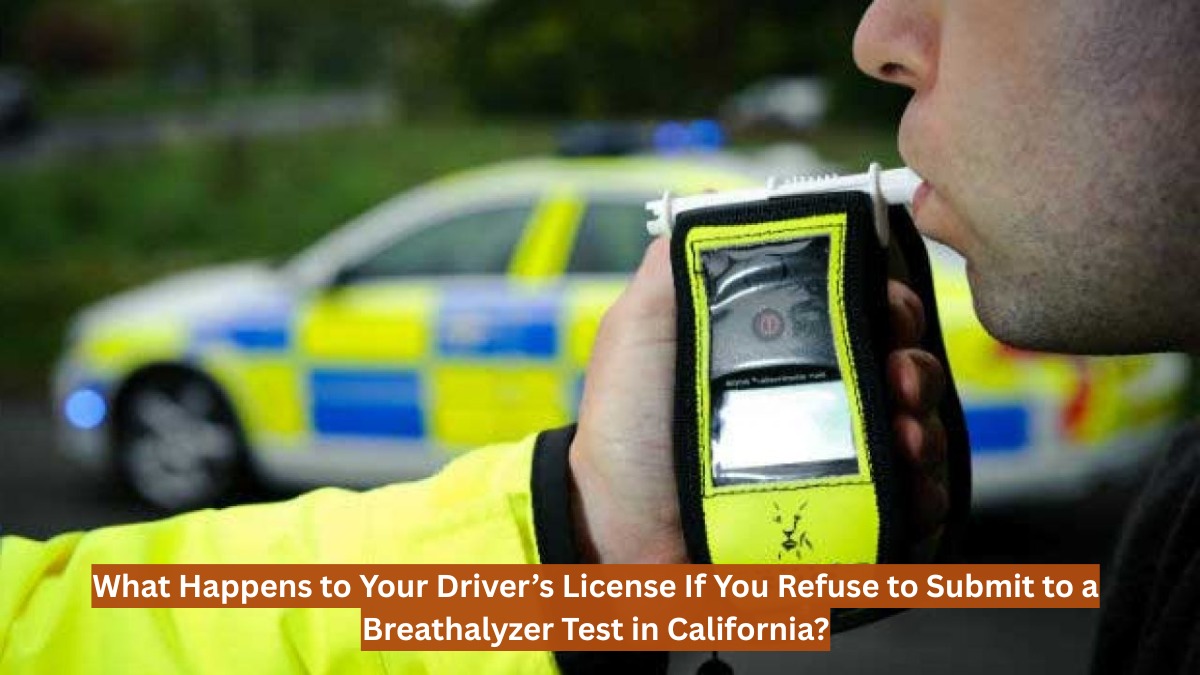
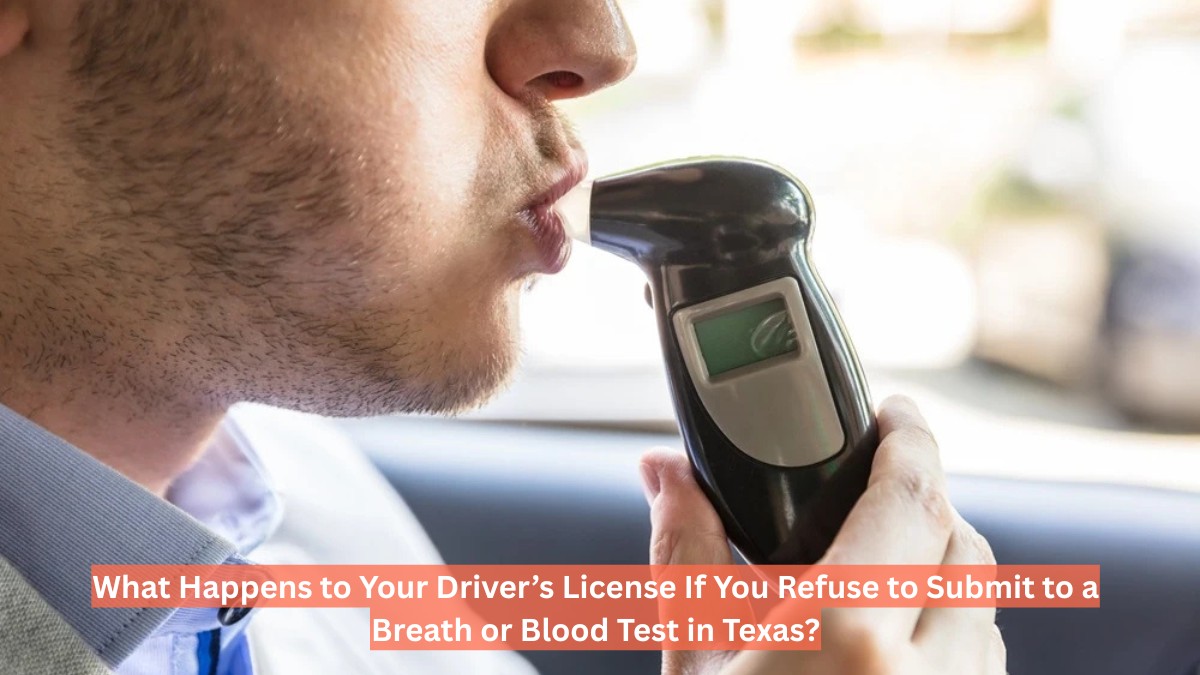
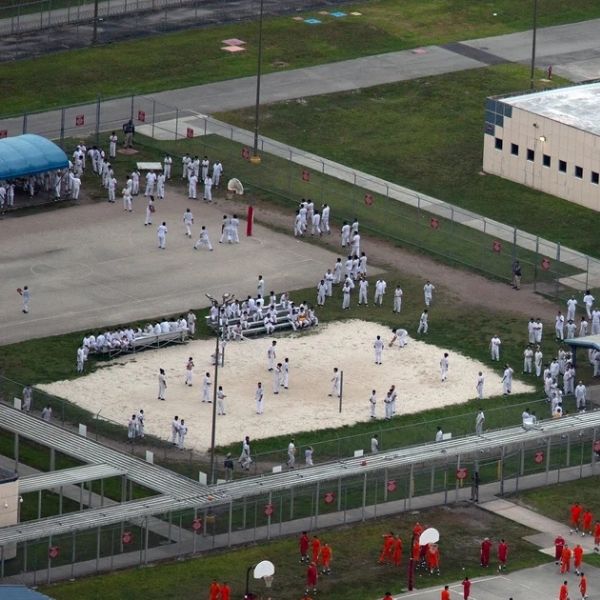
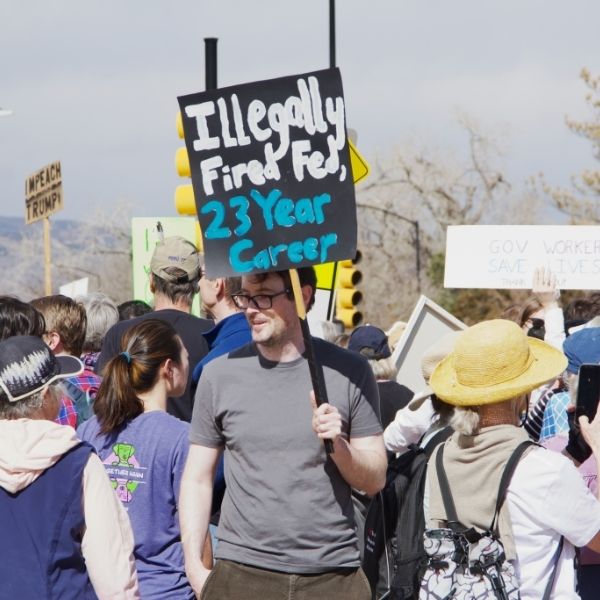
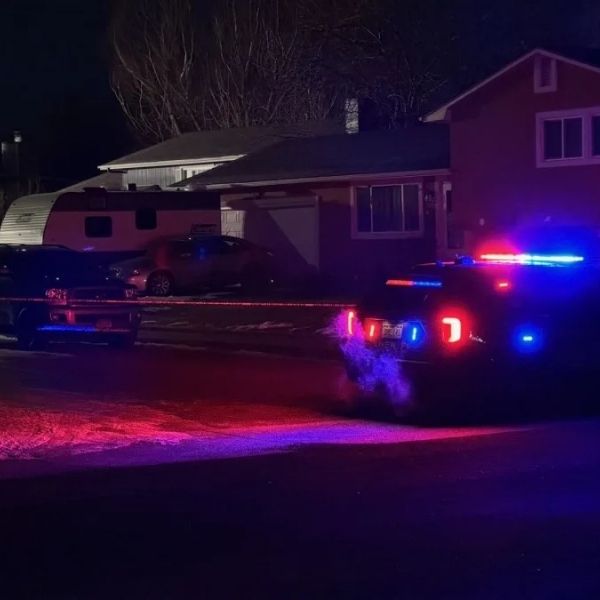
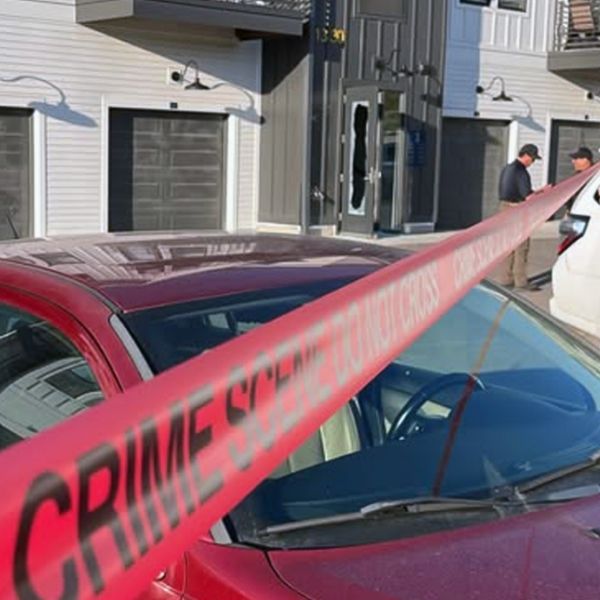
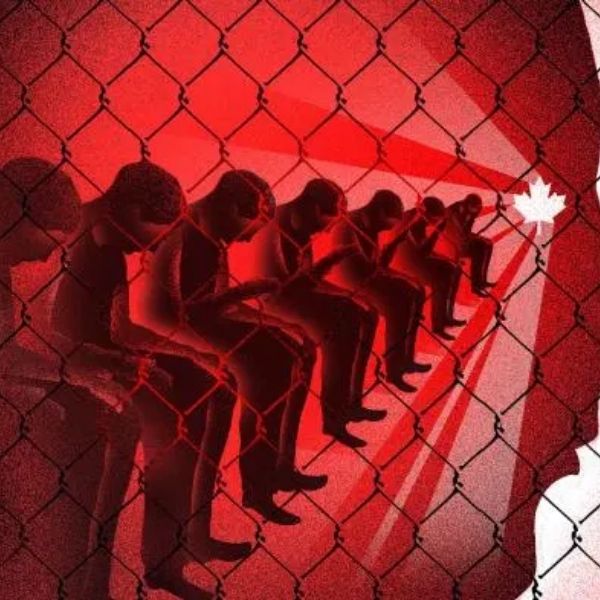
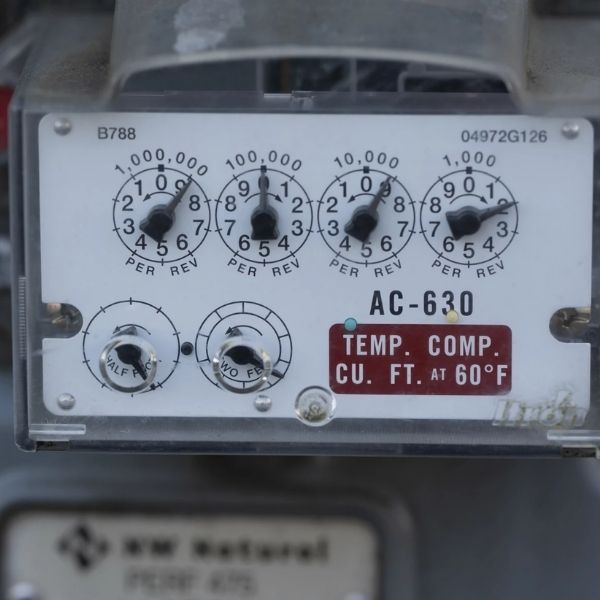
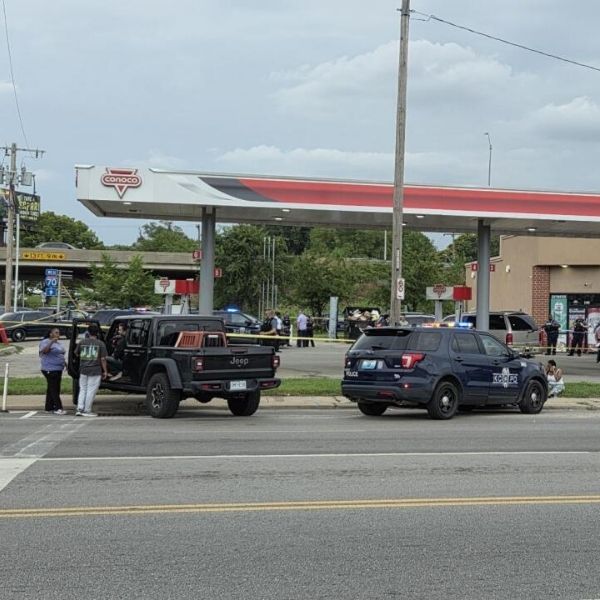
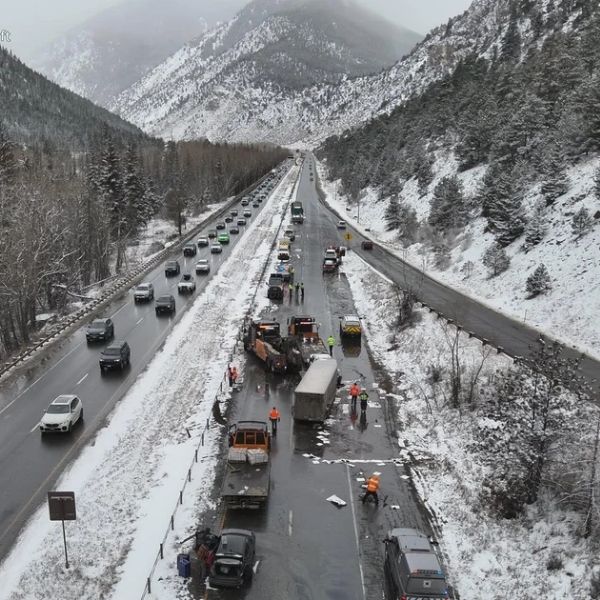




Leave a Reply